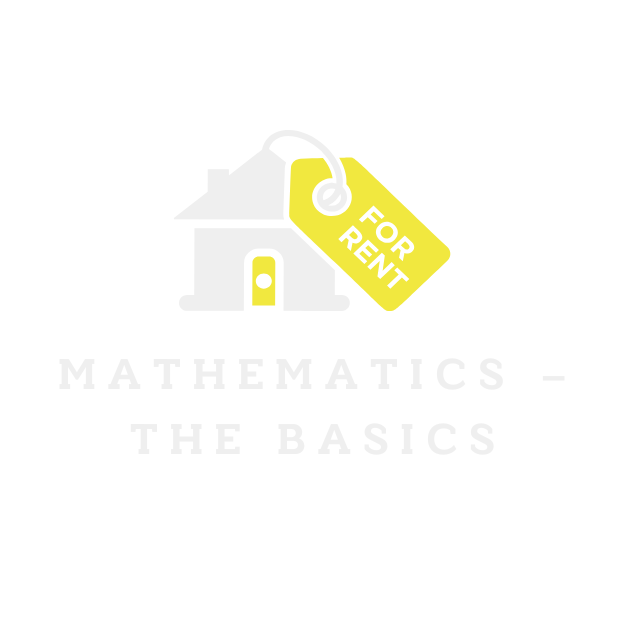Thinking about Montclair State University? Get ready to dive into a world of knowledge, fun, and yes, some serious numbers. Tuition and housing costs can feel like a game of Monopoly where you keep landing on Boardwalk—yikes! But don’t worry, navigating the financial maze doesn’t have to be a horror story.
At Montclair, students find a vibrant campus life that’s worth every penny. With a variety of housing options and a range of tuition rates, it’s all about finding the right fit for your budget and lifestyle. So grab your calculator and a sense of humor, because understanding Montclair’s tuition and housing costs might just be the most enlightening part of your college search.
Table of Contents
ToggleOverview of Montclair State University Tuition
Montclair State University offers competitive tuition rates for both undergraduate and graduate students. Understanding these costs aids in making informed financial decisions.
Tuition Rates for Undergraduate Students
Undergraduate tuition rates are structured per credit hour. For the 2023-2024 academic year, in-state students pay approximately $15,000 annually, while out-of-state students face rates around $30,000. Tuition includes access to various campus resources, enhancing the educational experience. Additional fees for specific programs may apply, impacting total costs. Scholarships and financial aid options remain available, providing essential support for students.
Tuition Rates for Graduate Students
Graduate tuition varies by program and residency status. For the 2023-2024 year, in-state graduate students pay about $18,500 per year, with out-of-state students incurring costs around $25,500. Certain specialized programs may have higher tuition rates. Graduate students can access financial aid options, including assistantships and scholarships, alleviating some financial burdens. Comprehensive financial planning helps in meeting educational expenses effectively.
Housing Options at Montclair State University

Montclair State University offers a variety of housing options that cater to different student needs and lifestyles. Understanding these options helps students make informed choices for their living arrangements.
On-Campus Housing
On-campus housing consists of several residence halls and apartments. Each residence type fosters a sense of community while providing essential amenities. Freshmen typically reside in traditional residence halls that include communal kitchens and lounges. Upperclassmen can choose from suite-style or apartment-style living, offering more independence and privacy. Montclair State hosts approximately 5,000 students in its residence facilities, which enable convenient access to classes and campus activities. Rates for on-campus housing vary by type, with averages around $11,000 per academic year.
Off-Campus Housing
Off-campus housing options include apartments, shared houses, and private rentals nearby. Many students prefer the independence associated with off-campus living. Proximity to campus remains a consideration for those choosing this path. Rentals typically vary in price, ranging from $800 to $2,000 per month, depending on size and location. Several websites and listings simplify the search process for prospective tenants. Local real estate agents also provide guidance on available properties, making it easier for students to find suitable accommodations that fit their budgets.
Total Cost Calculation
Understanding total costs helps students plan effectively for their time at Montclair State University. Tuition and housing represent the most significant financial commitments.
Breakdown of Tuition and Housing Fees
Undergraduate tuition for in-state students averages about $15,000 annually, while out-of-state students face roughly $30,000. Graduate students see fees of approximately $18,500 for in-state enrollment and $25,500 for out-of-state. Housing costs also differ; on-campus living expenses average $11,000 per academic year. Options include traditional residence halls for freshmen and apartments for upperclassmen. For students choosing off-campus housing, monthly rents span from $800 to $2,000, depending on location and amenities.
Additional Expenses to Consider
Beyond tuition and housing, students encounter other costs. Textbooks and supplies typically range from $1,000 to $1,500 each year. Transportation also adds up, whether commuting to classes or traveling home during breaks. Health insurance can be an additional expense; some students may require separate coverage. Students should also budget for personal expenses, such as meals, entertainment, and other living costs, which can vary widely. Anticipating these additional costs plays a crucial role in effective financial planning for their college experience.
Financial Aid and Scholarships
Understanding financial aid and scholarship opportunities is vital for students at Montclair State University. These options enhance accessibility to education while easing tuition and housing expenses.
Types of Financial Aid Available
Montclair State University offers various financial aid types to support students. Grants provide funds that do not require repayment, often awarded based on need. Work-study programs allow students to earn money while gaining valuable experience. Federal loans, including Direct Subsidized and Unsubsidized Loans, offer low-interest funding options with flexible repayment plans. State aid programs contribute additional funds. Students must complete the Free Application for Federal Student Aid (FAFSA) to explore these opportunities thoroughly. By taking advantage of these resources, students can significantly lessen their financial burden.
Merit-Based and Need-Based Scholarships
Montclair State University provides an array of scholarships based on both merit and need. Merit-based scholarships recognize academic achievements, talents, and extracurricular involvement, offering merit awards that help cover tuition costs. Need-based scholarships target students facing financial challenges, aiming to bridge the gap in educational expenses. Many private organizations, foundations, and state programs also contribute scholarships, increasing the funding options available. Students should research and apply for various scholarships diligently, as these opportunities can make a substantial difference in their financial planning.
Tips for Managing Tuition and Housing Costs
Understanding tuition and housing costs at Montclair State University helps students manage their financial commitments effectively. Each decision can significantly impact their overall college experience.
Creating a Budget
Establishing a budget creates a clear financial plan for students. Identify fixed expenses like tuition and housing, which average around $15,000 for in-state and $30,000 for out-of-state undergraduate students. Track variable expenses such as textbooks and supplies, which range from $1,000 to $1,500 annually. Utilizing budgeting apps can simplify expense tracking. Allocating funds for personal expenses, including meals and entertainment, ensures comprehensive financial planning. Prioritizing needs over wants fosters responsible spending habits. Setting aside emergency funds can provide a safety net for unexpected costs.
Seeking Additional Resources
Exploring financial aid options can ease the burden of tuition and housing costs. Montclair State University offers grants, scholarships, and work-study programs. Completing the FAFSA unlocks many federal aid opportunities. Students should don’t overlook state and local scholarships that often go untapped. Joining campus organizations or academic departments may present additional funding options, as many offer scholarship programs. Online resources and scholarship databases help identify opportunities tailored to specific qualifications. Engaging with financial aid advisors at the university can provide personalized insights into maximizing available resources.
Navigating the financial landscape at Montclair State University can seem challenging but it offers opportunities for students to thrive both academically and socially. With a variety of housing options and competitive tuition rates students can find a balance that suits their needs. Financial aid and scholarship opportunities further enhance accessibility making it easier for students to manage their overall expenses.
By planning ahead and utilizing available resources students can make informed decisions that pave the way for a successful college experience. Embracing the journey with a positive outlook will not only ease financial burdens but also enrich their time at Montclair State University.


